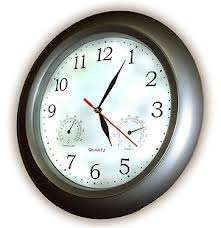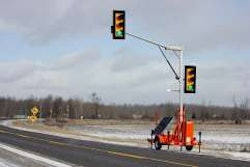
“In one night, this will generate a 300 million-hour national sleep debt and in the few days it takes our bodies to adjust, our nation will accumulate over a billion hours of lost sleep. In transportation, this lost sleep kills, injures, and costs billions of dollars,” blogs Dr. Mark R. Rosekind, a Member of the National Transportation Safety Board and an internationally recognized expert in the field of sleep and fatigue science. “The hour we lose when clocks are set forward every spring offers our already sleep-deprived country a glimpse into the dangers of operating vehicles while fatigued.”
There is, says Rosekind, “a 17-percent increase in crashes on our roadways on the Monday following the time change.” The answer, he says, is in ourselves. Basically, be aware of the sleep you have lost, be aware you are tired as you adjust, and find a way to transition. “This year when we all spring forward, lose an hour in some other part of your life. Get the sleep you need and then maintain that sleep amount throughout the year. Sleep as if your life and those around you depend on it.”








